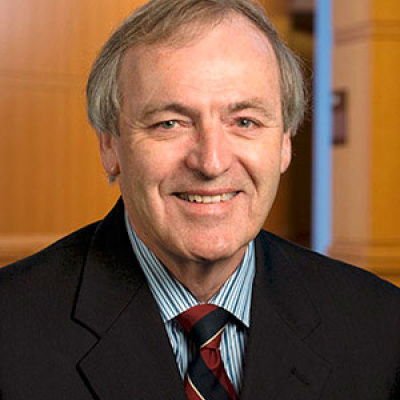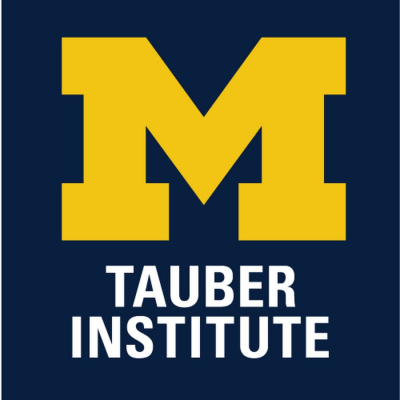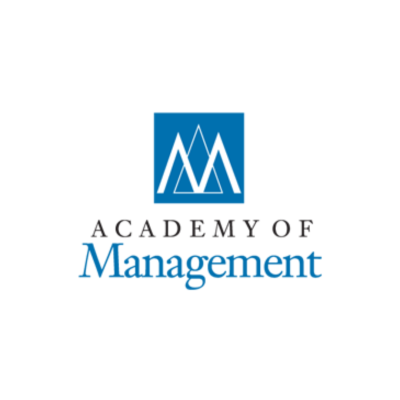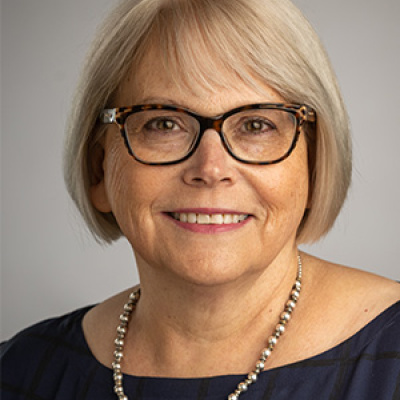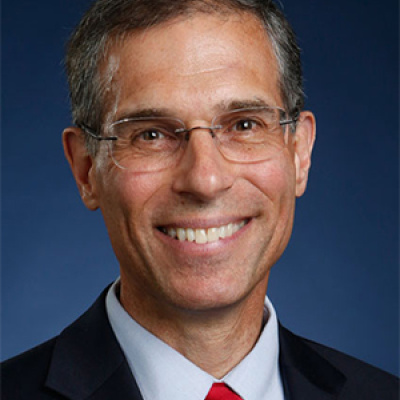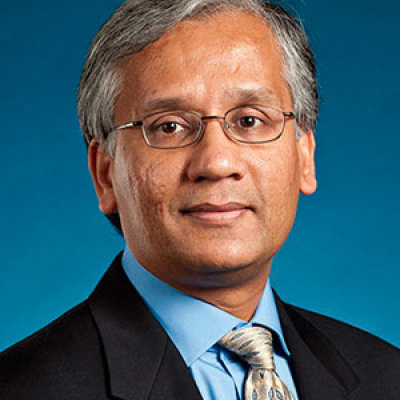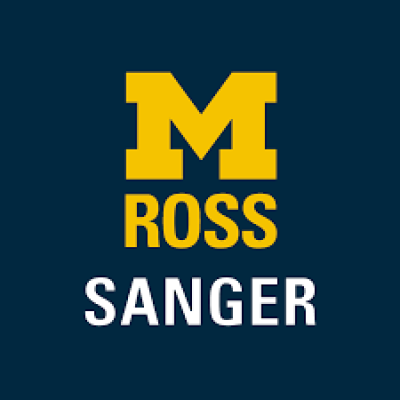Explore the faculty research, thought leadership, and groundbreaking philosophies that established Michigan Ross as one of the world’s top business schools.
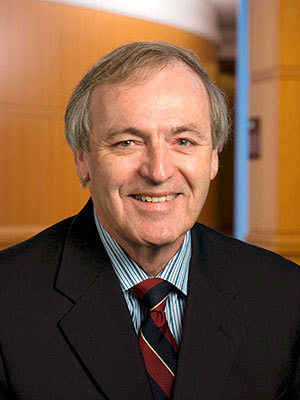
Professor David Brophy brought the study of small businesses and private financial markets (now known as alternative, in contrast to publicly traded markets) to Michigan Ross and the state of Michigan before it was recognized as a legitimate area of study at top research universities. This process started in the mid-to-late seventies, and Brophy relentlessly created awareness in Michigan and educated students interested in this space. For over fifty decades, until his recent retirement, Brophy designed and taught all Michigan Ross venture capital and private equity courses.

Following the decision of Dobbs v. Jackson Women's Health Organization by the U.S. Supreme Court, abortion restrictions within the United States have proliferated, and it is reasonable to expect that access to abortion services will be even further reduced in the future. The work of Associate Professor Sarah Miller investigates the impact of abortion denial using new linkages between data from the Turnaway Study and administrative records in credit reports. The Turnaway Study was a path-breaking study from the University of California San Francisco that recruited women seeking abortions, some of whom had pregnancies that just exceeded the gestational age limit of the clinic they attended and were denied abortions, others who fell just below this limit and were able to receive the abortion they sought. Miller and her co-authors found that women denied an abortion and those who received an abortion were on similar trajectories before the denial, but those denied an abortion experienced a large spike in financial problems such as unpaid bills and public records (such as bankruptcies and liens). This spike in financial problems persisted for the full six-year follow-up period that the authors had access to. The results provide evidence counter to the narrative that abortion is exclusively harmful to women who receive one (because of, for example, the regret they may feel after receiving an abortion). Instead, it suggests that giving women control over the timing of their reproduction allows them greater financial stability and self-sufficiency.
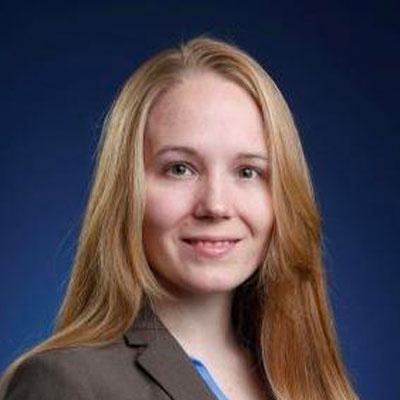
In her research published in the American Economic Review, the Review of Economics and Statistics, the Journal of Human Resources, Health Affairs, and other outlets, Professor Sarah Miller has used quasi-experimental methods to evaluate whether receiving improved access to health care in utero, in early childhood, and throughout childhood improves outcomes in adulthood. Miller and her co-authors have found that children who have received eligibility for health insurance through the Medicaid program have improved outcomes on a number of dimensions, both in terms of health and economic outcomes. Additionally, they found that the children of those children who had better access to healthcare in childhood were healthier at birth. This suggests a cycle in which investing in children's health today can have multigenerational benefits that allow the government to fully recoup the cost of its initial investment in the form of higher tax payments and lower spending on welfare programs. Miller's research has been discussed in numerous high-profile news outlets and has strongly impacted how academics and policymakers view investments in children. Furthermore, her papers have been cited nearly 500 times.
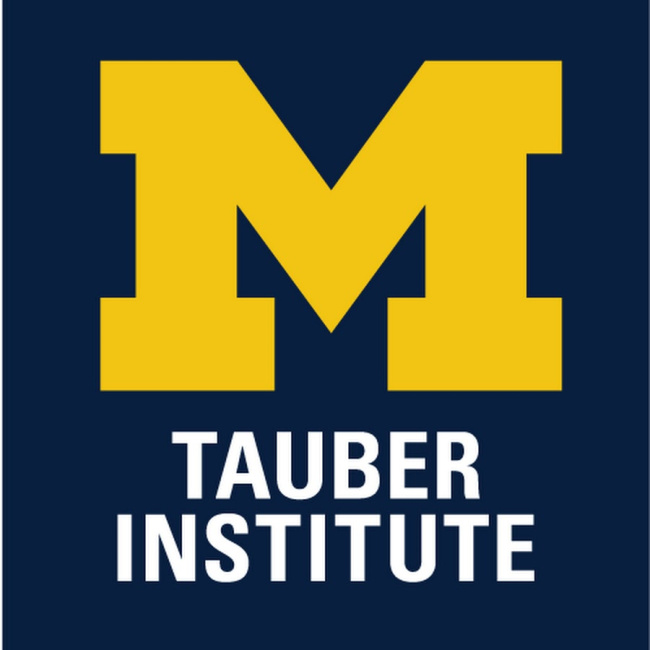
Beginning from seminal efforts by Brian Talbot at the Michigan Business School in the early 1990s, the Tauber Institute for Global Operations was designed to bring business and engineering students together for a world-class education in operations. Students would take classes in both business and engineering and complete team projects with companies. The projects were scoped to incorporate both business and engineering content, addressing important problems that had a VP-level champion at the sponsoring company. The institute was innovative by offering additional training to students beyond operations: leadership training, communications training, and providing students the opportunity to organize conferences, etc. In addition to its impact on students and companies, the Institute has for years served as an important mechanism fueling the technology and operations faculty's relevant, problem-driven research by putting them in touch with practitioners at leading companies around the world. Since its foundation, more than 1,500 graduates have completed the program as Tauber Fellows, there have been 720 summer projects executed at 145 companies, and the Institute was honored in 2012 with the prestigious UPS George D. Smith Prize from INFORMS.

Professor Gretchen Spreitzer received her PhD from Michigan Ross in 1992. Her work on empowerment, stemming from her Michigan Ross dissertation, has set the foundation for a new understanding of the employee experience. Instead of capital that organizations needed to control, empowerment brought forth the idea that employees thrive when they are given the freedom and autonomy to do their work autonomously. This pioneering work ushered in a new era of research and a fundamental shift in how organizations view their relationship with employees.

In their paper, “Crowdfunding the Front Lines: An Empirical Study of Teacher-Driven School Improvement,” Professors Samantha Keppler, Jun Li, and Andrew Wu conducted the first large-scale empirical test of the frontline improvement theory in K-12 schools. The theory, originating in automotive manufacturing, states that empowering front-line employees to identify organizational and process problems and implement solutions improves organizational performance and customer satisfaction. In this case, the team of Michigan Ross professors was interested in how teacher-identified problems in the classroom and crowd-funded solutions improved learning outcomes for K-12 students.
The team analyzed data on thousands of K-12 teacher projects on the largest teacher crowdfunding site, DonorsChoose. They found that one funded project (about $400 in value), on average, achieves a significant increase in the percentage of students scoring basic and above on all tested subjects in high school, as well as science and language arts in primary and middle schools. This effect translates to two-nine additional students moving up to at least a basic level of proficiency in the correlating subject. The effect of these projects is greatest in low-income schools, where funded projects, on average, move four-10 additional students to at least a basic level of proficiency in tested subjects.
From the textual analyses of the teacher's written statements about the impact of the projects in their schools, Keppler, Li, and Wu additionally learned that student academic performance is significantly better when teachers use crowd-funded money to improve knowledge retention, as a repeated learning tool, and to differentiate or personalize learning.
Due to the demonstrated impact of teacher-driven crowdfunded projects, DonorsChoose has partnered with eight states to spend COVID-19 education relief funding on teacher crowdfunding projects. To date, these partnerships have funded over $100 million of teacher projects from over 100,000 teachers, impacting over 10 million students.

In 1991, Professor Priscilla Rodgers designed an assessment to help the Michigan Business School evaluate MBA students' written communication skills, which was used for course placement. When the GMAT added an Analytical Writing Assessment in 1994, Rodgers conducted research that showed the AWA did not accurately assess management communication and that the assessment criteria and methodology used at the business school were far more meaningful. Rodgers and her team developed five six-point scales that quantified the competencies that MBA students need to be effective writers. In 2017, the business communication area at Michigan Ross moved to an assessment of MBA students' management communication, which included speaking as well as writing, and allowed students to choose a non-credit path toward satisfying the communication requirement. Andrea Morrow, lecturer and director of writing programs, developed a framework based on Rodgers' work called the Ross Management Communication Competencies Framework. As part of the new assessment process, full-time, global, and online MBA students learn about management communication and are assessed using Morrow's framework. If their results show they are low in any of the five competency areas, they can opt to complete targeted work on Canvas, or they can opt to take a business communication class. No other business school has a program like this.

Every innovation or new product development team faces a fundamental tension: When does one transition from the ideation to the execution phase? Too early a transition risks missing a great yet unrealized idea, and too late a transition risks being unable to bring the product to market on time. This significant and ubiquitous tension poses a challenge for researchers because of the nuanced nature of imagination and creativity and the need to combine that with creating an actual item based on one’s designs. In “Ideation-Execution Transition in Product Development: An Experimental Analysis” (Management Science, 2018) by Michigan Ross Professors Stephen Leider and William Lovejoy, as well as their colleague Evgeny Kagan from the Johns Hopkins Carey Business School, the authors use a novel experimental design to reveal some expected outcomes (later transitions do not change mean performance but increase variance and risk significantly) and some unexpected ones (it is not so much the timing of the transition that drives mean performance, but rather who has decision rights). Specifically, designers should not make the transition decision; the timing should be an exogenously imposed constraint. This external requirement significantly changes designers’ behaviors and results.
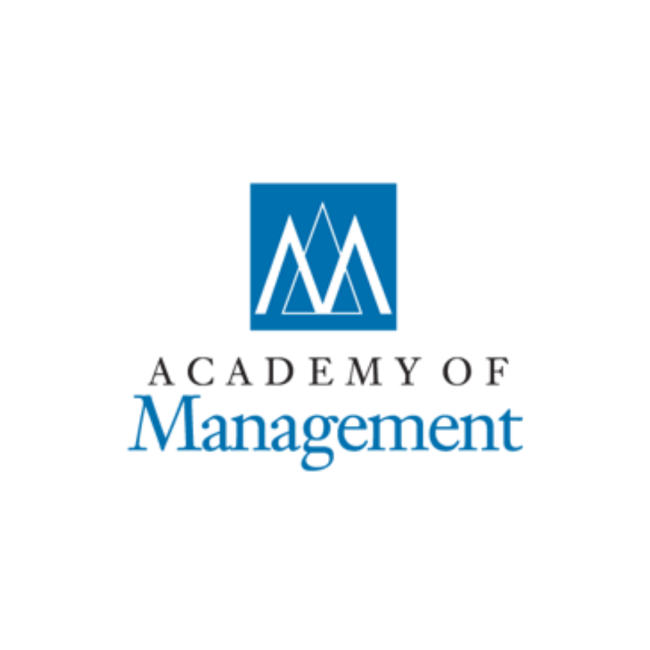
Professor Charles Laselle Jamison, a pioneering figure in the sphere of business management, spent most of his career at the Michigan Business School. Recognizing the importance of the evolving field of management education in 1936, Jamison proposed an organization dedicated to the support of high-quality research, teaching, and practice in the field. His vision led to the official launch of the Academy of Management in 1941. For this instrumental role, he became known as the "Father of the Academy of Management." With the onset of World War II, the Academy's operations were put on hold. However, they were revived in 1947 thanks to Jamison's tireless commitment. Since then, the Academy of Management has become an internationally recognized association for management and organization scholars.
Later in his career, Jamison would cement his legacy as a pioneer in the field of strategic management by publishing his 1953 textbook on business policy. The textbook was one of the first on the subject and showcased his invaluable contribution to the field.
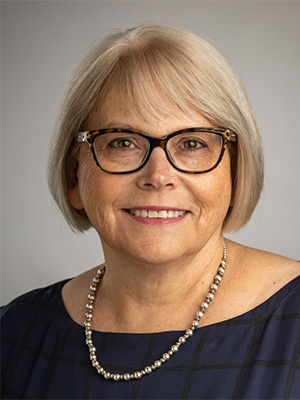
”Bifurcation of the Owner and Operator Analysis" was published by Professor Lynda Oswald in 1994. Her research was cited and quoted extensively by the U.S. Supreme Court in its unanimous decision in United States v. Bestfoods (1998) in clarifying parent corporations' direct and indirect liability for their subsidiaries’ actions in the context of CERCLA liability and hazardous waste cleanup. The liability of a parent corporation for the acts of the subsidiary is a complex issue that permeates all areas of corporate law and business relationships, and is not confined to the environmental context found in Bestfoods. Oswald’s research has since informed the decisions of over 55 additional courts -- federal trial and appellate courts as well as state appellate and supreme courts -- in business law contexts as varied as environmental liability, whistle-blowing under the Sarbanes-Oxley Act, the Racketeering-Influenced Corrupt Practices Act (RICO), employment discrimination, medical malpractice, negligence, bankruptcy, and real estate transactions.
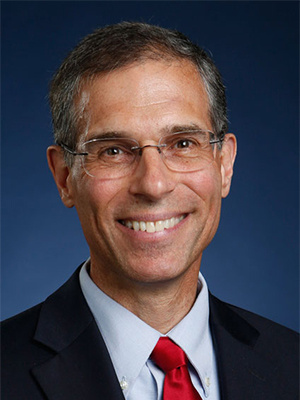
The paper "CONWIP: a pull alternative to kanban" by Professor Wally Hopp and coauthors, published in The International Journal of Production Research in 1990, presents an innovative production control method known as Constant Work-In-Process. CONWIP represents a notable advance over the well-known Kanban approach of the Toyota Production System that outperforms Kanban under a wide range of settings, is more adaptable to variability, and, unlike Kanban, is suited to environments with a large number of products. The path-breaking analysis of this paper spurred a significant stream of research into the performance of pull production systems that continues to this day. CONWIP has also become a standard part of the operations lexicon and has seen widespread application in industrial settings. Finally, CONWIP was an essential building block of the science of manufacturing that Wally and others introduced as Factory Physics in subsequent work.

Professor David Hess is a thought leader in using new governance regulatory theory to advance the effective and efficient use of corporate monitors in U.S. and international settings. Hess and his co-authors published their first research on the topic in 2008 in the Cornell International Law Journal.
Since then, David has become a recognized thought leader with multiple published articles and book chapters on using monitors in settlement agreements to battle corruption and cultivate ethical behavior.
Based on his expertise, in 2013, the American Bar Association's Task Force on Standards for Monitors asked Hess to serve as its reporter. In 2020, the ABA published the 77-page Criminal Justice Monitors and Monitoring Standards. Hess' role as a reporter required that he draft and revise the standards before each meeting to reflect task force input.
This required legal research and drafting of explanatory memoranda as well as responding to comments and concerns of task force members and ABA officials. The Standards are used by companies, prosecutors, and judges when considering the use of corporate monitors with Deferred Prosecution Agreements or other settlement agreements resulting from concerns about fraud or other misconduct. The Standards may be used by other countries when establishing monitoring programs.

In 2002, Professor Ravi Anupindi and his co-authors published the influential paper "Coordination and Flexibility in Supply Contracts with Options" in Manufacturing & Service Operations Management. This work introduced an innovative model that integrated options into supply contracts, offering enhanced management of demand uncertainties in supply chains. The research highlighted the important potential role of options in attaining contractual flexibility to coordinate supply chain participants and improve overall efficiency. The paper influenced subsequent research on supply contract design and demand management, one of the major areas of supply chain management research in the past two decades.

Originally developed by Professors Gretchen Spreitzer, Bob Quinn, Jane Dutton, and Laura Morgan Roberts through their research at the Center for Positive Organizations, the Reflected Best Self Exercise™ is a personal development tool that helps you to see who you are at your best, engaging you to live and work from this powerful place daily. Since its launch, the RBSE has helped thousands of executives, managers, employees, and students discover new potential. Unlike most other feedback tools, the RBSE isn't limited to self-assessment. It invites people from your life and works to share stories of moments they feel they've seen you at your best, surfacing what few of us become aware of otherwise. The RBSE enables you to gain insight into how your unique talents have positively impacted others and gives you the opportunity to further leverage your strengths at work and in life.

Professor C.K. Prahalad was the major pioneer and advocate of the 'bottom of the pyramid' proposition that selling to the poor can simultaneously be profitable and help eradicate poverty. While appealing, the BOP proposition is also controversial. Professor Aneel Karnani was an early and prominent critic of the BOP proposition. In his 2007 article "The Mirage of Marketing to the Bottom of the Pyramid" and his 2011 book Fighting Poverty Together: Rethinking Strategies for Business, Governments, and Civil Society to Reduce Poverty, he argues for an alternative perspective. Rather than viewing the poor primarily as consumers, it is better to focus on the poor as producers and to emphasize buying from the poor. Both the private sector and government have a critical role to play in alleviating poverty. The best way to alleviate poverty is to raise the real income of the poor by providing them appropriate employment opportunities. The private sector is the best engine of job creation. The government should facilitate the creation and growth of private enterprises in labor-intensive sectors of the economy. The government should also fulfill its traditional, accepted functions of providing adequate access to public services, such as education, public health, drinkable water, sanitation, security, and infrastructure.
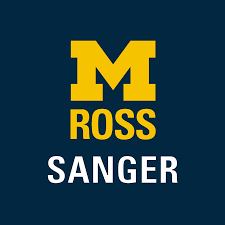
In 2006, Professor Sue Ashford, associate dean for leadership programming, founded the Ross Leadership Initiative, which was the precursor to the Sanger Leadership Center and one of the first organized leadership programs among business schools worldwide. The initiative was influenced by Ashford's research on learning leadership via experience and Professor Noel Tichy's action-based learning concepts. Suddenly students were not just learning about leadership but were actually engaged in doing it. Prominent among these efforts was the highly influential Leadership Crisis Challenge, which puts students in the hot seat needing to resolve a crisis in the moment. This program was recognized with the Provost's Teaching Innovation Prize in 2011 and remains a prominent and popular program in the school to this day. Later, under the leadership of Professors Scott DeRue and Gretchen Spreitzer, RLI grew and launched new programs that persist today, including Story Lab, the Ross Leaders Academy, and more. In 2015, alum Stephen W. Sanger, MBA '70, and Karen Sanger made a defining gift of $20 million to establish the Sanger Leadership Center. With the Sangers' gift, the Sanger Leadership Center, now under the leadership of Professor Lindy Greer, has created an array of custom programs and workshops and now offers leadership development programs for students across the university.





